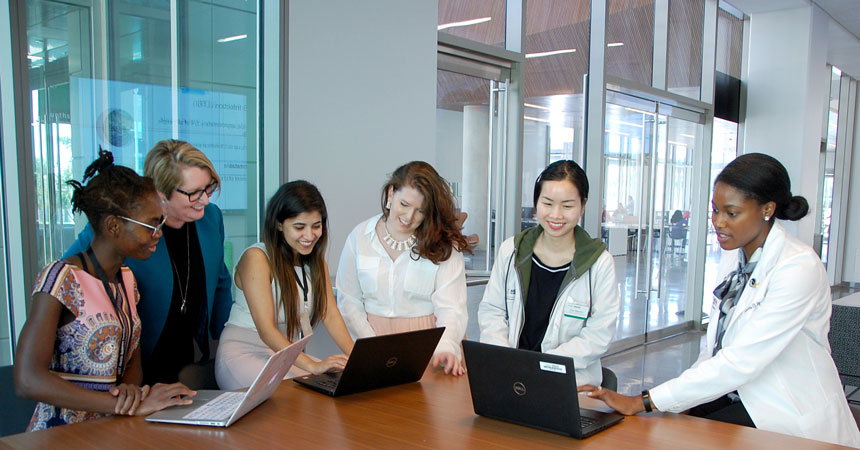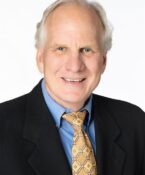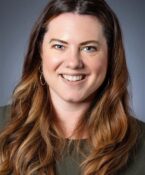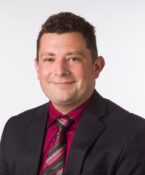Innovation and teamwork amplify the national fight against tuberculosis
By Betsy Friauf

At UNT Health Science Center, “collaboration” is more than a watchword; it’s one of our Values. Our collaborative culture kicks in on Day One when new team members attend Orientation. We invite everyone to introduce themselves to the group and share their passion and projects.
This sharing started a collaboration with the potential to improve the human condition: preventing the long-term disability that often follows even successful treatment for tuberculosis. Erica Stockbridge, PhD, in the School of Public Health, mentioned during Orientation that she is a co-investigator for a Centers for Disease Control-funded study on latent tuberculosis infection (LTBI). Crystal Howell, PharmD, in the System College of Pharmacy, attended the same Orientation session and introduced herself as an infectious disease pharmacist.

The light bulb came on in Stockbridge’s brain. What if Howell could join the ongoing study to address hard-to-treat latent tuberculosis infection, which often requires medications with serious side effects?
The CDC study includes UNTHSC as a site of the Tuberculosis Epidemiologic Studies Consortium (TBESC), led by Thaddeus Miller, DrPH, Associate Professor in the School of Public Health. The consortium is currently focused on improving ways to find and treat patients with LTBI. UNTHSC is among the consortium’s 10 research centers across the nation working to reduce or eliminate tuberculosis in the U.S.
Few people in the United States die of active TB infection, but even after treatment, patients may have chronic respiratory and other problems. They may not be able to climb stairs or lift a child, for example.
The immediate connection for Howell and Stockbridge has led to a multitude of firsts, including the first pharmacist to join the consortium in its 20-year history.
Where are the patients?
“Latent TB infections can be prevented from becoming active if medication is taken and adhered to,” Stockbridge said. “But how to find the latent infections is the big question. Refugees, for example, are screened rigorously.” But otherwise, the search for latent cases is much less intentional.
“Traditionally, tuberculosis has been managed by local health departments, but they don’t have the resources to identify all of the up to 13 million people in the U.S. with latent infection,” Stockbridge said. “Health department personnel often consider it far more urgent to locate patients with active TB disease, and locate the people they have been in close contact with, who are at high risk of TB.”
Connection to patients
The CDC project investigates new ways to enhance collaborations with primary care providers and local health departments. The inclusion of Howell, a pharmacist, on the UNTHSC TBESC team helped shift the paradigm. Thomas Navin, MD, Branch Chief of the Epidemiology and Surveillance Branch of the CDC’s Division of Tuberculosis Elimination, noted that Howell is the first pharmacist to ever attend the TBESC annual meeting.

The conversation has shifted away from overburdened clinics and maxed-out resources. Now the concerns are also about finding opportunities in the community. For example, local pharmacists can help patients manage side effects.
Calming patients
“The medications for latent TB infection can be toxic,” Howell said, and side effects sometimes include fever, musculoskeletal pain, itching, skin problems and hepatitis. “The patient may have fears. For instance, they could be frightened if they’re not told that all their bodily fluids will turn orange. There is a danger of noncompliance – patients not taking their meds – and that can lead to drug-resistant infections.”
Pharmacists can help with those conversations. They also can be enlisted to recommend – or in some cases perform – TB screenings for patients whose other conditions indicate they may be at risk. Pharmacy students’ curriculum now includes training in the placement and interpretation of a TB skin test.
Howell said, “Pharmacists, particularly in the community setting, identifying this infection would revolutionize the screening process and would be a welcome aid to patient adherence to medication regimens, with a friendly face at your nearby community pharmacy.”
At UNTHSC, the novel collaboration among the School of Public Health, College of Pharmacy and several interprofessional students changed the nationwide conversation about how best to identify and treat high-risk patients. It also led to an interprofessional tuberculosis symposium hosted by UNTHSC and the consortium, with the goal of applying systems-based thinking to the targeted testing and treatment of latent TB – in other words, analyzing how changing any of the parts of a multi-part process could improve the outcome.





Social media